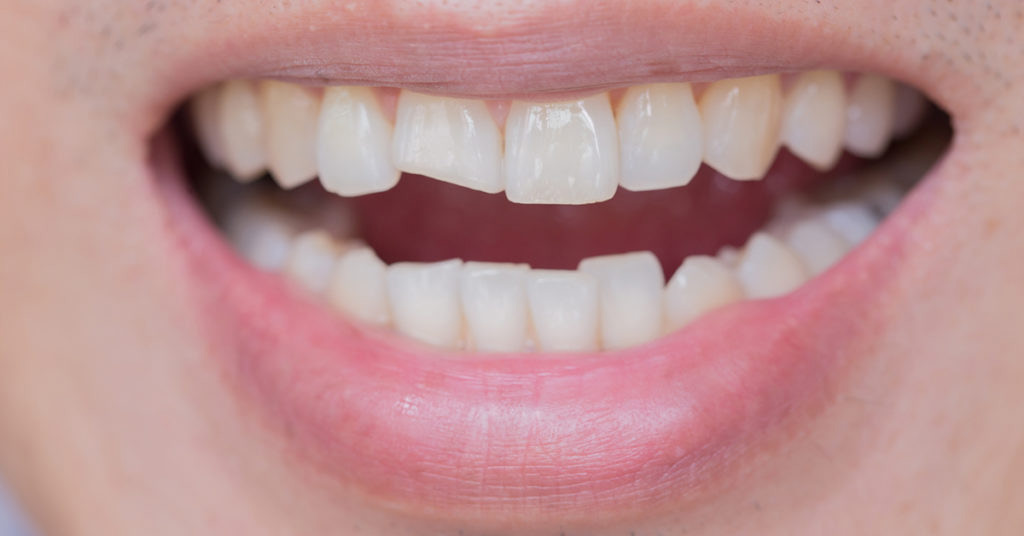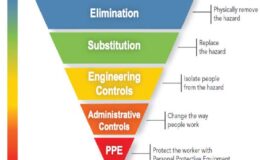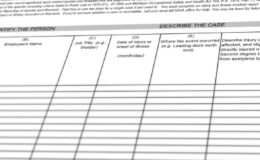By Donna Motley, Vice President of Claims
Work related injuries submitted to our department tend to occur in cycles. At a given time we may see an influx of shoulder injuries, then foot injuries or hernias. What we have been experiencing most recently are injuries involving “teeth”, where an employee either fell and damaged a tooth or teeth, or sustained a blow to the mouth resulting in damage or loss of a tooth or teeth.
In injuries where there is a “loss”, such as an amputation, Workers’ Compensation is to make a person whole, “to provide an apparatus and other appliances necessary to cure, so far as reasonably possible and relieve from the effects of the injury” – not to create an improved version of what they originally were. As medical advancements continue, there is a natural inclination for treating physicians to want to provide the “best” and most recent innovation for the patient. And, most likely, the patient wants the best for themselves as well, particularly if they don’t have to pay for the modern miracle being prescribed. As an example, an injured worker who sustains an amputation of one or multiple fingers may be a candidate for a myo-electric prosthetic device. The average cost, per finger, is $9,499. There is a learning curve for the patient to utilize the device, and there is a limited life expectancy of the prosthetic. There are also silicone fingers costing as little as $12.00 (I found some listed on Etsy, honestly!) We would always send the injured worker to a certified prosthetist for their recommendation.
When an injured worker sustains damage to his teeth, the same principles apply. The current “trend” in dentistry is to replace a missing tooth with an “implant”. The other side of the coin is that a tooth may be able to have a cap or crown covering, or a bridge can be manufactured.
What becomes more of an issue when there is an injury to the mouth and/or teeth, is that consideration has to be given to the “pre-existing” condition of the mouth and/or teeth. What we tend to experience is that, in the bulk of claims we’ve received for mouth injuries, the employee does not have a dentist with which they treat on a regular basis. The employee’s last dental visit may have been multiple years ago resulting in poor dental hygiene and excessive or extreme neglect of the teeth. When a dentist examines a first-time patient who exhibits extreme oral neglect, the proposed plan is to fix or repair everything, which is exactly what the dentist should propose. However, when the repairs relate to an injury that occurred while in the course of employment, Workers’ Compensation is only responsible for the tooth or teeth actually damaged as a result of the incident. Old damage or decay, previously missing teeth, gum disease is not the responsibility of the Workers’ Compensation carrier.
For these reasons, our process in these claims is as follows: We will first ask if the injured worker has a dentist with which they treat; your personal dentist has x-rays on file and is familiar with the condition of your teeth and gums; they most likely will differentiate between old damage and new. (However, a large majority of dentists refuse to handle Workers’ Compensation claims.) If the injured worker does not have a regular dentist, or their personal dentist refuses to treat a work related injury, our department has to find a geographically suited dentist willing to handle the repair(s) as Workers’ Compensation. Once an appropriate dentist is located, the injured worker is seen for an evaluation so an estimate can be provided to our department. Generally, we will have the estimate of damage reviewed by an independent dentist, sometimes along with a second evaluation of the injured worker. Once the extent of work related damage and acceptable proposed repairs is determined (and agreed upon), we will provide the treating dentist with the applicable authorization. It is at this point some dentists will inquire as to the (total) dollar amount we are willing to pay. Payment is determined by an outside vendor pursuant to the rules of Workers’ Compensation.
Typically, if an injured worker had a pre-existing bridge that was broken as the result of a work related incident, payment will be to replace the bridge; we will not pay for dental implants to replace a broken bridge. If the employee wants to “upgrade” and have implants and the dentist is willing to accept our payment that was determined by fee schedule for the authorized bridge replacement, and have the injured worker pay the difference for the implants, that is between them.
We realize claims for dental damage requires immediate attention. To expedite handling, feel free to call our department and give us a heads up prior to submitting the injury report so we can start processing the claim immediately.





